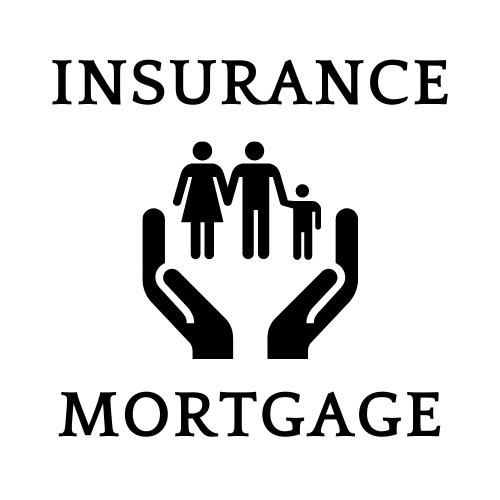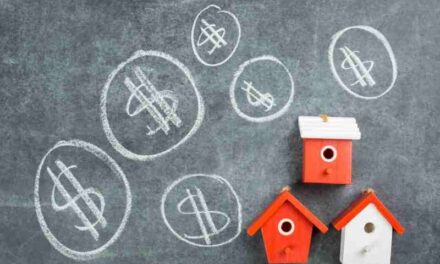When purchasing a house, the second thing you should ask is “HOW MUCH MORTGAGE CAN I QUALIFY FOR?” The most critical factor to consider is “How much home can I afford?” That’s because, despite the stress associated with qualifying for and getting accepted for a house loan, lenders are often willing to give you more money than you anticipate..
While you may want to purchase a house, lenders desire to lend you money. And the greater the debt, the more content they are. You’ll understand why when you see the estimated interest rate you’ll pay throughout the loan’s term. It’s a colossal figure.
However, after you’ve determined how much house you can buy, you’ll want to discover how much you can borrow. The “How much can I borrow?” tool can provide you with an accurate estimate.
The calculator takes into account conventional mortgage payment components, such as principle and interest. Then, we go a step further by adding in taxes, insurance, and even homeowner association dues to arrive at a realistic monthly cost.
How long will I remain in this residence? This may have a significant effect on your choice between a 30-year fixed rate loan and a shorter term loan. The longer term will result in a lower monthly payment, but you will pay much more interest over the course of the loan. A 15-year fixed-rate mortgage will cost you much less in interest throughout the loan’s term, but the monthly payment will be significantly more.
Is an adjustable-rate mortgage a better fit for my financial situation? If you want to stay in this house for a short period of time, a 5/1 ARM may be a suitable choice. You’ll benefit from a reduced initial interest rate that is set for five years, but then adjusts yearly.
Am I attempting to acquire an excessive amount of real estate? While lenders may be eager to put your name on a large loan, how do you feel about it? Are you at ease with the potential effect on your monthly budget, or are you feeling a little squeezed? Consider how the expenses of your new house may affect your other spending objectives, such as vacation and savings.
How much should I put down as a down payment?
It is always the essential question. Are you making the smallest down payment feasible and compensating with higher monthly payments – and potentially paying mortgage insurance?
Additionally, we analyze your income and debt to estimate the maximum home loan amount you are likely to qualify for, just like a lender would.
The mortgage lending business, in some ways, works against your best interests. If a lender thinks you are a suitable borrower, he or she is more likely to accept you for the maximum amount they believe you can afford. However, in certain instances, that quantity may be excessive.
Purchasing a house entails dealing with large figures. And the financial effect may first seem to be a stretch, especially in the beginning. The difficulty is finding a house that fits your present and future requirements without sacrificing your financial flexibility to travel, save for other goals, and maintain a cash flow buffer.
If the ‘HOW MUCH MORTGAGE CAN I QUALIFY FOR? ‘ has provided you with an estimate of your purchasing power, you may wish to double-check the figure by:
Conduct affordability analyses. By running various what-if scenarios through the house affordability calculator, you may gain a different perspective on your home-buying budget.
Consult with several lenders. Comparing conditions provided by various lenders increases your chances of obtaining a better interest rate, and it may be enlightening to discover the loan amounts that different lenders will qualify you for.
Take into account all homeownership costs. It’s not only the costs included in your monthly payment, such as insurance, taxes, and maintenance, but also the additional costs associated with owning a house, such as structural care, new furnishings, and perhaps even yard maintenance equipment.
How can I increase my borrowing capacity?
If you’re dissatisfied with the ‘how much can I borrow’ results, keep in mind that many variables are at play. Small changes in one or more of these areas may make a significant impact.
A larger down payment is usually beneficial. The more money you put down, the more attractive you seem to the lender.
Be a strategic purchaser. If school districts will be irrelevant to your family for years to come, consider purchasing a house in a transitional area; maybe a starting home rather than a forever home. You’ll almost certainly get a higher property value and won’t need to borrow as much money.
Reduce debt; even a little amount. Paying down or reducing a credit card or two may benefit you in a variety of ways. Your debt-to-income ratio will decrease, and you may even see an increase in your credit score as a result.





